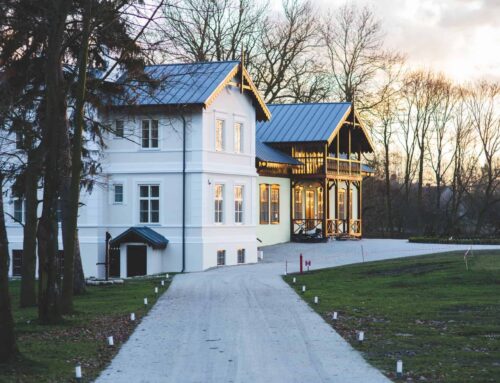What to consider when buying a home

Embarking on the journey to purchase a home is an exciting and daunting venture. It’s a significant milestone that requires careful thought and planning. From financial readiness to long-term lifestyle needs, numerous factors play a pivotal role in this decision-making process. Here’s a comprehensive guide to help you make an informed and confident choice when buying your dream home.
Financial Readiness: The Foundation of Your Home Buying Process
Before diving into property listings, assessing your financial health is crucial. Start by determining a realistic budget, considering not only the purchase price but also ongoing expenses such as maintenance, property taxes, and insurance. Getting pre-approved for a mortgage is a wise move, as it gives you a clear idea of what you can afford and demonstrates your seriousness to sellers. Remember to factor in additional costs like closing expenses, moving charges, and any immediate renovations you may need.
Location and Neighborhood: More Than Just a Pin on the Map
The old adage “location, location, location” still holds true. Your home’s location influences your daily life significantly. Think about your commute to work, the quality of local schools, and the convenience of nearby amenities like parks, shopping centers, and public transport. Also, consider any future developments planned in the area, as these can affect property values and your lifestyle.
Property Specifications: Ensuring a Perfect Match
Your potential home should align with your current and future needs. Evaluate the size and layout to ensure it meets your requirements. Pay attention to the age and condition of the property; older homes may have more character but can also demand more maintenance. Energy efficiency is another critical factor, as more efficient homes can lead to long-term savings.
Understanding Market Conditions
Research the local real estate market to understand whether it’s a buyer’s or seller’s market. Investigate how property values in the area have been trending. This knowledge can inform your negotiation strategy and help you make a timely decision.
Long-Term Considerations: Thinking Ahead
Consider the home’s potential for appreciation. Factors like upcoming neighborhood developments and the home’s condition can impact its future resale value. Also, reflect on how your personal and family needs might evolve over the next 5-10 years and whether the home can accommodate those changes.
Legal and Regulatory Aspects: Dotting the I’s and Crossing the T’s
Never skip a professional home inspection, which can reveal hidden issues that could be costly down the line. Review all legal documents carefully, and consider seeking legal advice to navigate this complex process. Understand the home insurance requirements to protect your investment.
Emotional Factors: The Heart of Your Home
Lastly, listen to your heart. A home is more than bricks and mortar; it’s a place where memories are made. While it’s important to be practical, your emotional connection to a potential home is equally important.
Buying a home is one of life’s most significant decisions and investments. By carefully considering these aspects, you can make a choice that not only meets your practical needs but also fulfills your aspirations for a place to call your own. Take your time, do your research, and when you find the right fit, you’ll know you’re not just buying a house but creating a home.




